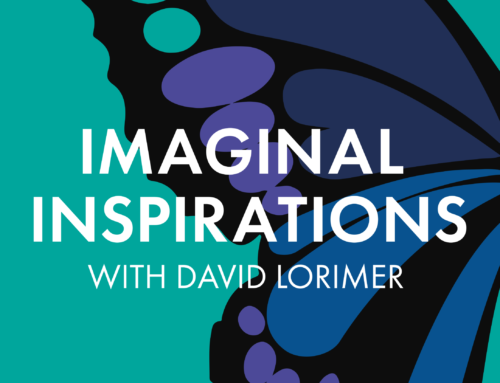A major barrier to acceptance of psi is that effects are small and hard to replicate. To address this issue, we developed a novel neurobiological model to study this controversial phenomenon based upon the concept that the brain may act as a psi-inhibitory filter. Our previous research in individuals with frontal lobe damage suggests that this filter includes the left medial middle frontal region. We report our findings in healthy participants with rTMS induced reversible brain lesions. In support of our a priori hypothesis, we found a significant psi effect following rTMS inhibition of the left medial middle frontal lobe. This significant effect was found using a post hoc weighting procedure aligned with our overarching hypothesis. This suggests that the brain may inhibit psi and that individuals with neurological or reversible rTMS induced frontal lesions may comprise an enriched sample for detection and replication of this controversial phenomenon. Our findings are potentially transformative for the way we view interactions between the brain and seemingly random events.


